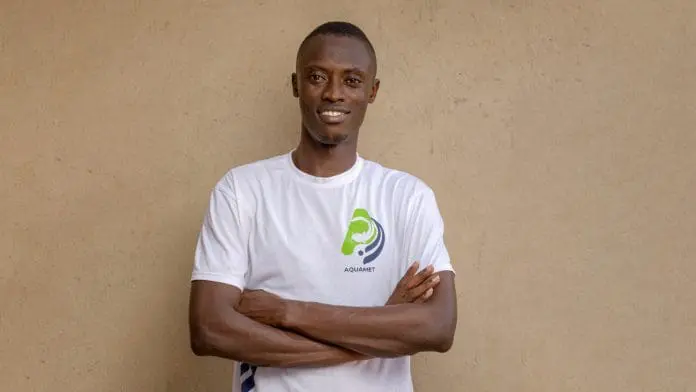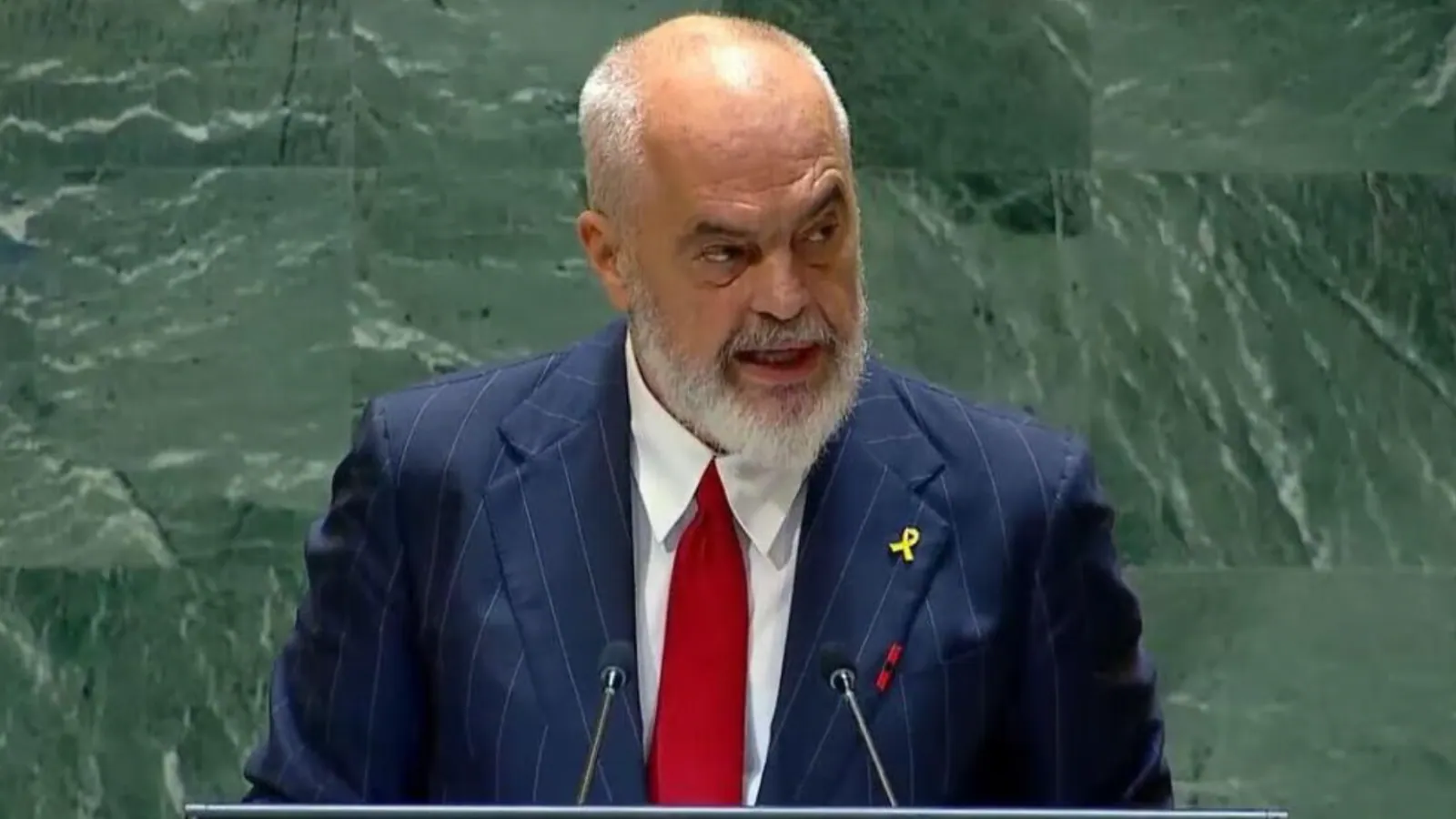By Ghana News
Copyright ghanamma

Four entrepreneurs from Kenya, Ghana, and Uganda have emerged as finalists for the 2025 Africa Prize for Engineering Innovation, representing breakthrough solutions in healthcare, agriculture, accessibility, and sustainable energy that address critical challenges across the continent.
The finalists were selected from a record field, with applications received from 30 countries, and will compete for the £50,000 grand prize during a live final event in Dakar, Senegal, on October 16. The competition marks the first time the prestigious engineering award ceremony will be hosted in a Francophone African country.
Vivian Arinaitwe from Uganda developed Neo Nest, a portable neonatal warming device designed to prevent hypothermia during ambulance transfers from rural health facilities to specialized hospitals. The device functions as a compact incubator with smart temperature control systems and visual indicators that alert caregivers to potential complications during critical transports.
The innovation addresses a significant healthcare gap in rural areas where specialized neonatal care remains inaccessible. Since joining the Africa Prize programme, Arinaitwe has secured deployment agreements with health facilities in Uganda and received recognition at the African Women Innovation & Entrepreneurship Forum Awards 2025.
Kenyan entrepreneur Elly Savatia created Terp 360, an artificial intelligence-powered application that translates speech into sign language using three-dimensional avatars. The technology incorporates motion capture capabilities and features over 2,300 recorded signs developed in collaboration with deaf and hard-of-hearing Kenyans to ensure cultural relevance and natural communication.
The innovation tackles interpreter shortages that limit accessibility in educational and public service environments. Savatia’s team has secured funding from Google.org to expand sign language datasets and established operations at Carnegie Mellon University’s College of Engineering in Rwanda, with plans for classroom and public service deployments.
Frank Owusu from Ghana developed Aquamet, a smart water quality monitoring system for smallholder fish farmers that tracks pH levels, dissolved oxygen, and temperature through real-time mobile notifications. Farmers using the device report yield increases of 10-15%, significantly reducing typical mortality rates that can reach 45% without proper monitoring.
The platform provides record-keeping tools, extension services access, and marketplace connections linking farmers with buyers. Owusu has achieved major distribution partnerships across West Africa and secured collaborations with the British High Commission and international aquaculture organizations to strengthen animal health systems.
Carol Ofafa from Kenya founded E-Safiri, a battery-swapping service operating across four locations in Kisumu that addresses electric vehicle adoption barriers in areas lacking charging infrastructure. The solar-powered stations use Internet of Things-enabled batteries providing real-time maintenance updates while serving as power centers for households without electricity access.
The service eliminates personal charging setup requirements for electric bicycle and motorbike users while supporting community energy needs through surplus power distribution. Ofafa has been recognized among Business Daily’s Top 40 under 40 Women and named one of Africa’s Energy Heroes 2025 by Sustainable Energy.
The Africa Prize, launched in 2014 by the Royal Academy of Engineering, has supported 165 businesses from 22 countries with comprehensive training, mentoring, and communication resources. More than 70% of alumni generate revenue for their businesses, collectively securing $34 million in grants and equity funding.
The eight-month training programme provided to shortlisted candidates covers financial modeling, market analysis, and business development skills tailored for entrepreneurs scaling innovative solutions. Participants benefit from collaboration with business experts, product development mentors, and the Academy’s global network of engineers and industry leaders.
Rebecca Enonchong, Chair of the judging panel and Founder of AppsTech, emphasized the significance of hosting the competition in Senegal while highlighting the finalists’ innovations across crucial sectors including healthcare, agriculture, accessibility, and rural energy access.
The comprehensive support package extends beyond financial awards, with the winner receiving £50,000, three runners-up receiving £10,000 each, and an additional £5,000 ‘One to Watch’ prize. The program’s holistic approach includes ongoing mentorship, networking opportunities, and connections to global engineering communities.
Applications for the 2026 Africa Prize opened in July with a new two-stage application process designed to streamline submissions. The deadline for initial applications closes on September 23, 2025, representing the first major procedural change since the program’s inception.
The competition reflects growing recognition of African engineering talent addressing local challenges with global implications. Each finalist’s innovation demonstrates scalable solutions that combine technological sophistication with practical implementation for underserved communities.
The live final event, supported by the British Embassy in Dakar, will feature keynote addresses and finalist presentations to both in-person and online audiences. The ceremony represents a significant milestone in recognizing Francophone Africa’s contributions to engineering innovation and entrepreneurship.
Industry observers note that the finalists’ diverse technological approaches illustrate Africa’s capacity for developing context-specific solutions that leverage advanced technologies while addressing fundamental infrastructure and accessibility challenges across the continent.



